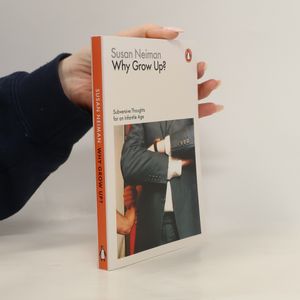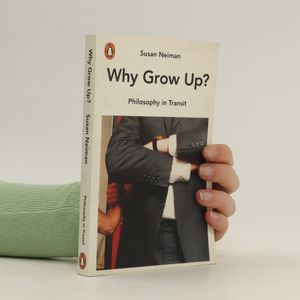Parametry
- 230 stránek
- 9 hodin čtení
Více o knize
Becoming an adult today can seem a grim prospect. As you grow up, you are told to renounce most of the dreams of your youth and resign yourself to an existence that is a pale dilution of the adventurous, important and enjoyable life you once expected. But who wants to do that? No wonder we live in a culture of rampant immaturity, argues renowned philosopher Susan Neiman. In Why Grow Up, the fourth in a series of short books of original thought, Neiman shows how philosophy can help us want to grow up. Travel, both literally and metaphorically, has been seen as a crucial step to coming of age by thinkers as diverse as Kant, Rousseau and Simone de Beauvoir. Neiman asks how this idea can help us build a new model of maturity. Refuting the widespread belief that the best time of your life is between sixteen and twenty-six, she argues that being grown-up is an ideal worth striving for.
Nákup knihy
Why grow up?, Susan Neiman
- Jazyk
- Rok vydání
- 2014
- product-detail.submit-box.info.binding
- (měkká)
Doručení
Platební metody
Tady nám chybí tvá recenze.





